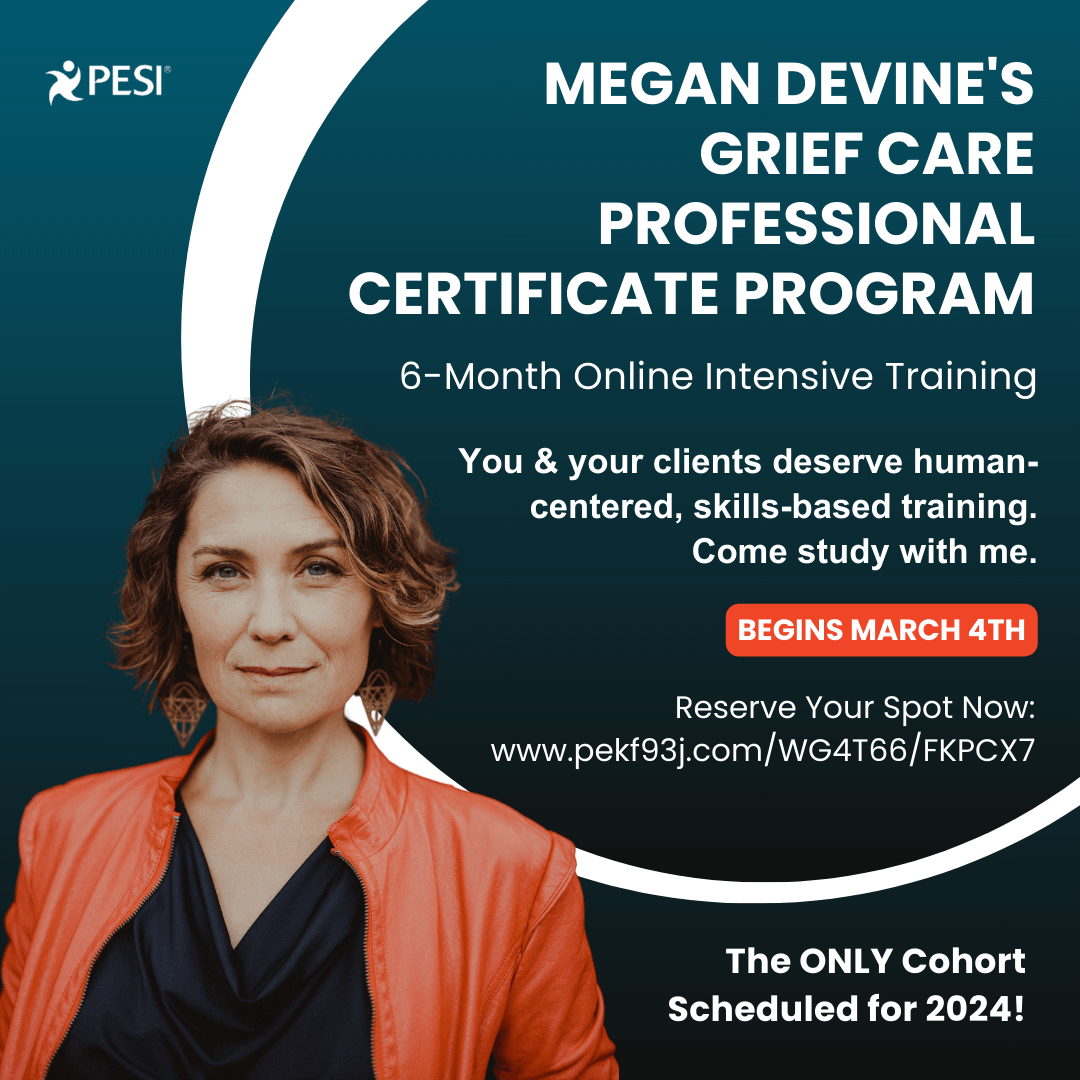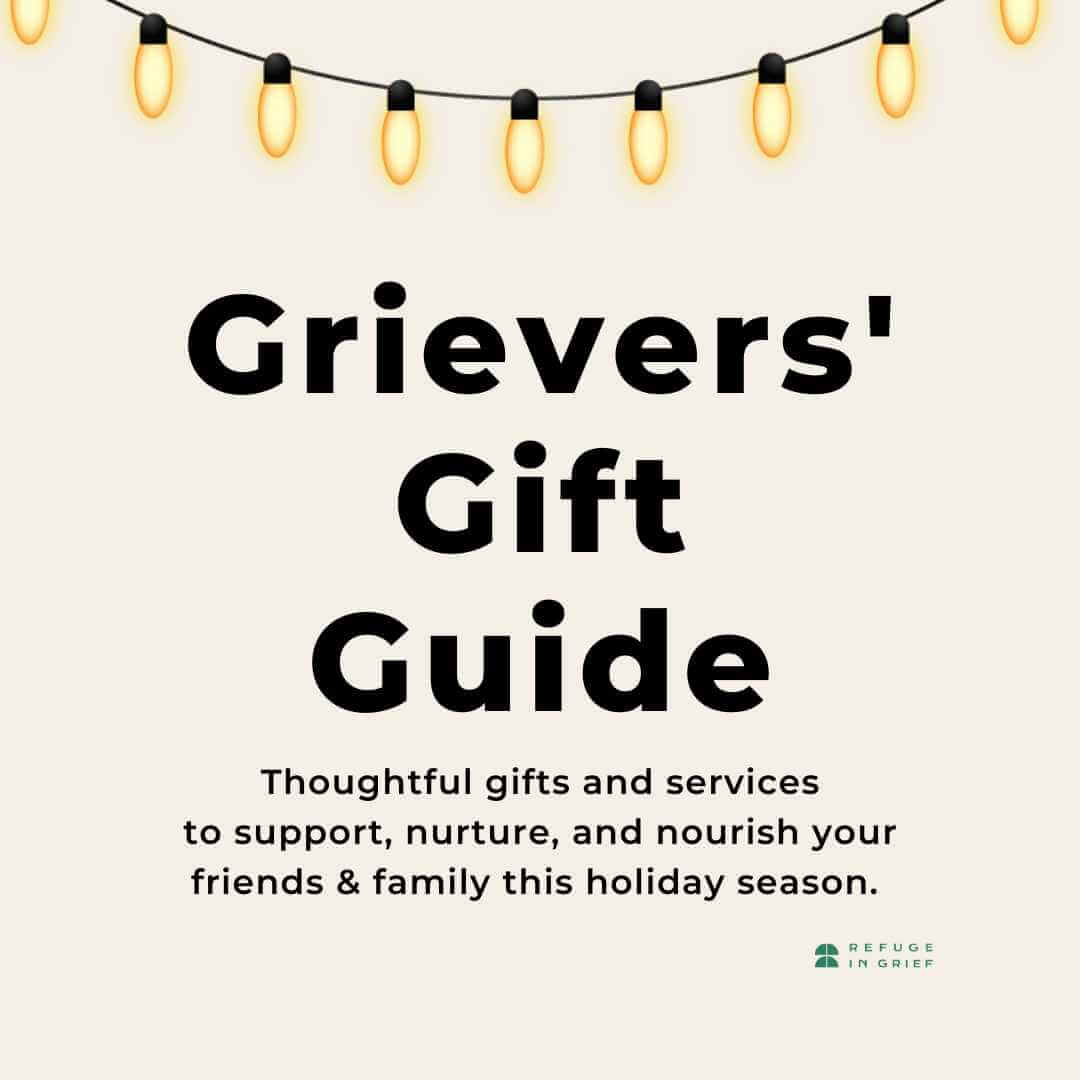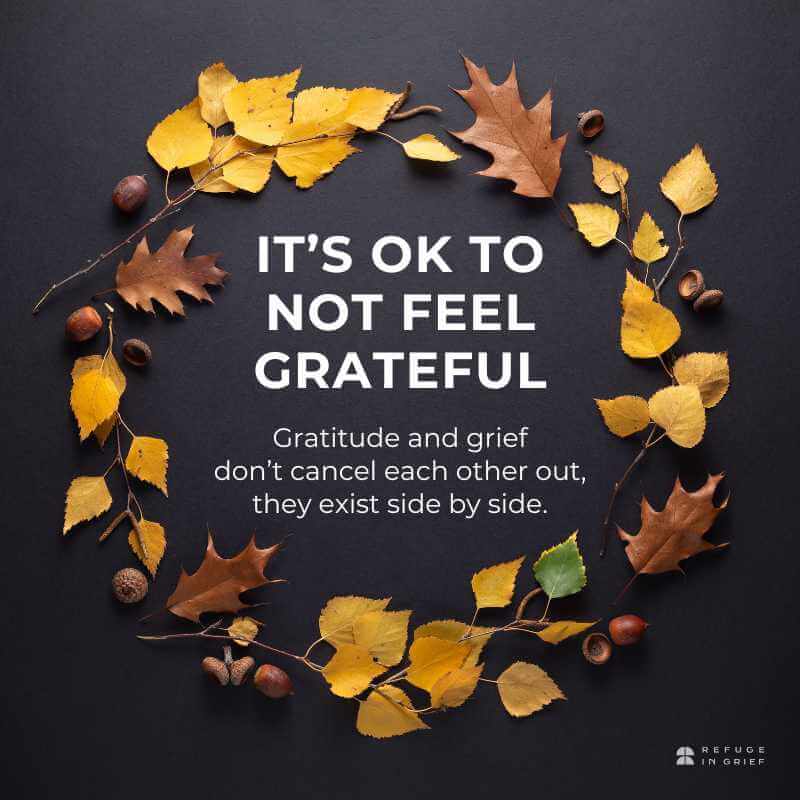the answer to suicide can’t be found in a soundbite
There’s so much talk of suicide in the news – so many people talking about getting help, watching for signs, what we can all do better. But this is hard stuff: the answer to “what to do about suicide” can’t be found in a simple soundbite.
I’ve been on a bunch of radio programs and media outlets talking about suicide, how we take care of ourselves, and how we take care of each other. Any time a celebrity dies by suicide, we’re flooded with tips for how to recognize signs in your people, how to get help, encouragement to call or text helplines. Those are all good things, but they miss a lot of the reality of suicide. If you’ve lost someone to suicide, you most likely DID look for signs, see signs, and work supremely hard to intervene and get help. It’s not as simple as “watch for the signs and get help.” It’s just not.
And sometimes, there are no signs. Some things (and not just suicide) do “just happen.” I might get flak for that, but in everything I’ve heard and experienced – some things really do come seemingly out of the blue.
Suicide is complicated. Relationships are complicated. Humans are complicated. There’s no one easy soundbite answer.
My media team pitched an article to a major newspaper after Kate Spade’s death, and the editor came back with “telling people to make safe spaces to tell the truth about their experience isn’t a new enough idea – there’s no interesting angle there.” That may be so – we’ve been talking about making safe spaces to tell the truth for generations. The problem is, we’re not doing it. The idea might not be new, but putting that into actual practice? Not so much.
It’s hard to speak the truth. If you’re continually cheered up, dismissed, ignored, or given advice when you share the truth of your own experience, you don’t feel better. You just stop sharing your truth.
Suicide is complicated. Relationships are complicated. Humans are complicated. There's no one easy soundbite answer. Click To TweetOur work here together, all of us, is being willing to tell the truth, willing to hear the truth, willing to keep looking for places and people who can withstand the truth without flinching, or turning away, or trying to make it pretty. It’s not easy. It might not be a “new” idea. But it’s what we need.
It’s not exhaustive in any way, but there’s a new, work-in-progress suicide resource page on the RIG website. Learn more about how to help a friend who’s depressed in this essay from the New York Times, and listen in to my radio conversation on why you can’t judge the inside of someone’s life based on what you see on the outside.
Each time a celebrity dies by suicide, we’ll have these conversations. The flurry of news, media, and memes will rise, and it will fall away – until the next time. But the time to have conversations about how we hurt, how we help, and how we talk about all that is the same as it ever was. It’s now.
Also: Grief is really, really rough. It takes a toll on your mind, your body, your relationships – everything. Feeling like you’d rather not wake up in the morning is very different than thinking about actually harming or killing yourself.
If you are in crisis, call the 988 Suicide & Crisis Lifeline, a free, 24-hour hotline – just call 988. If your issue is an emergency, call 911 or go to your nearest emergency room. There are also specific helpline resources for the queer and trans communities, and other community or need-specific resources like the StrongHearts Native Helpline.
This find a helpine site is a good place to look for resources that match your needs. The content and comments sections on Refuge in Grief are not a substitute for compassionate, skilled care in your chosen communities. For more on the limits to the service we provide, please read our safety page, here.
 How about you? We’ve got a lot of folks in our community living on after the death of their person. A lot of folks worried about their people. How’s all this news media affecting you? Let us know in the comments. If you’ve got personal experience with suicide, and have found specific resources helpful, let us know that too. Note to those reading said comments: I’m not vetting resources people share, so please do your own exploration: take what helps, ignore what does not.
How about you? We’ve got a lot of folks in our community living on after the death of their person. A lot of folks worried about their people. How’s all this news media affecting you? Let us know in the comments. If you’ve got personal experience with suicide, and have found specific resources helpful, let us know that too. Note to those reading said comments: I’m not vetting resources people share, so please do your own exploration: take what helps, ignore what does not.


